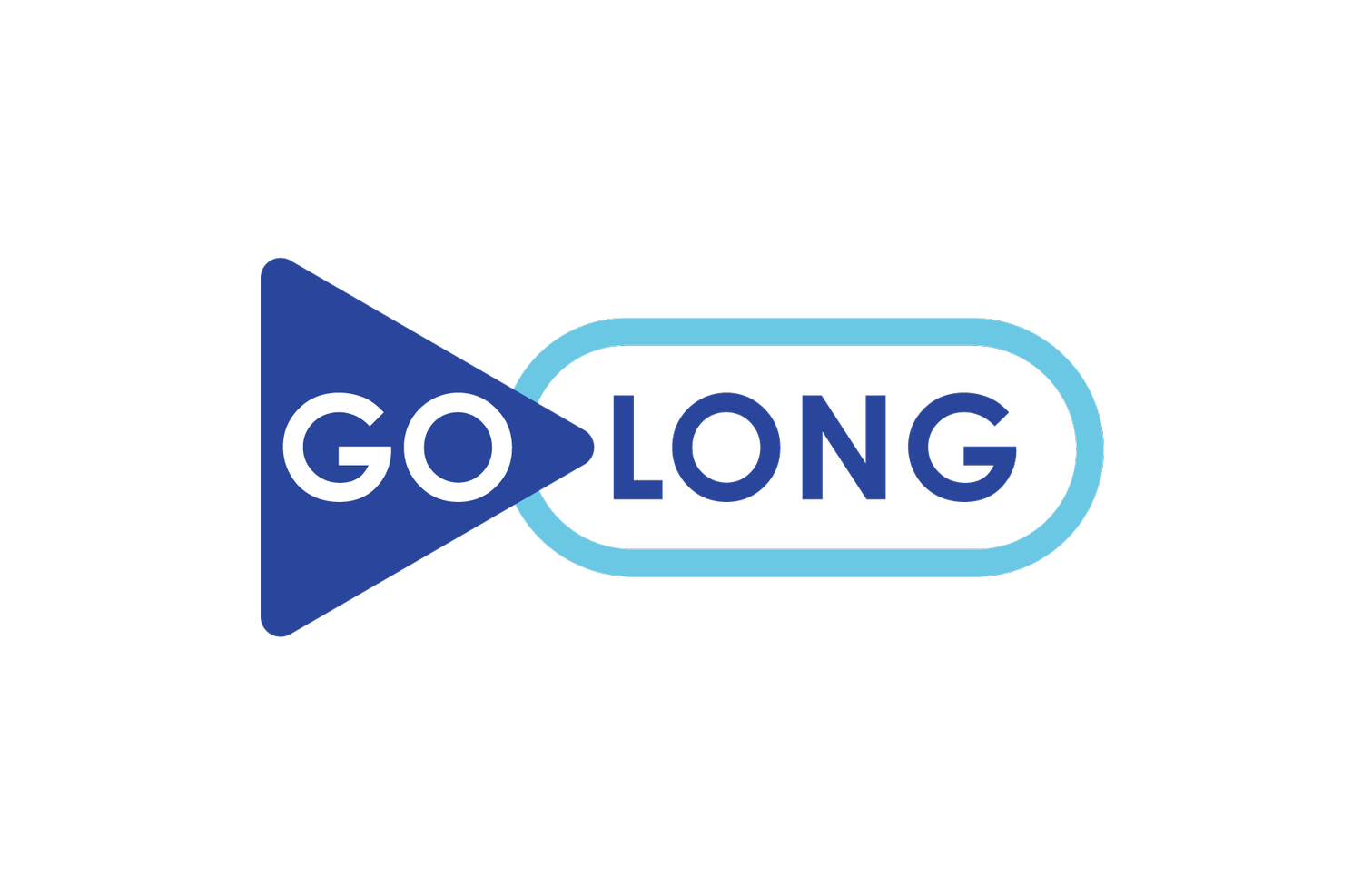The Myth of ‘Just Be Positive’
[Estimated reading time: 2 minutes]
So continuing on the “Burnout Series”, my 1st 2 posts were about life on Wall Street. You can find last week’s post here. This one is focused on my career in tech, which mostly runs in parallel with my move to Seattle. We can call this post the “slow burn” one.
Moving from banking to Microsoft
After a stint working for a pretty large US bank, I was able to land a job at Microsoft. I learned quite a bit during those 5 years in Redmond and had the opportunity to take on different challenges. It was interesting to see how software was built to serve users on a massive scale. But I was also exposed to a new concept for the 1st time in my career - something that we now refer to as “toxic positivity”.
I first experienced this at the annual Company Meeting. Steve Ballmer was jumping around on stage yelling how “super excited” he was about Windows Vista. Cue the eye roll. It was expected that everyone in tech needed to be 100% in favor of their product’s direction. If you were pushing back on an assumption, or perceived to have not “drank the kool aid,” you were deemed to be negative.
Credit: grinvalds
The mental load of toxic positivity
Toxic positivity can be exhausting. You’re trying to follow your instincts to investigate if your product is on the right track to meet customer needs, but you’re also dealing with the politics. What’s fascinating is that women are often given feedback to not take things personally. Yet when I would give feedback to (mostly male) leaders about assumptions that hadn’t been tested, tempers would flare and resentment would build.
I found that the only way to influence discussion was to frame feedback in a way that made the people in charge think it was their idea. For anyone who has been in this position, you know how exhausting it is to do these mental gymnastics on a daily basis. You’re trying so hard to maintain your integrity but you’re also trying to get ahead like everyone else.
As I continued to progress in my tech career, I encountered situations both as an individual contributor and as a leader around how I was being underpaid compared to my peers. One manager told me that even though my peer didn’t perform as well as I did, he was getting a bigger raise than me because he was the main breadwinner in his family. It was infuriating. These kinds of slights happened on a regular basis, whether it was compensation or more opportunities to present in front of executive leadership.
I persevered in spite of this and was fortunate to also have some great sponsors along the way. Sponsors actually advocate for you when you’re not in the room to advocate for yourself. They have your back when it really matters. Those folks invested time with me through explaining how the game was played and how the score was being kept. They gave me constructive criticism in a timely fashion and also boosted me whenever the opportunities arose.
Optimizing for my health before burnout took over
At this point in my career, I was able to make changes before burnout completely broke me. At one point, I was leading a team and traveling all the time. I decided to prioritize what I wanted. I wanted time back in my life and I wanted to actually do work vs. play politics. Building was definitely something that made me happy. Being in the trenches. That was the fun part. I was able to take some risks and launch something completely new that mattered to customers with the help of a great team of people.
Not traveling as much allowed me to focus on taking a step further in improving my health and fitness. The hubs and I made a significant change in our workout approach moving from CrossFit outside of our home to olympic weightlifting at home. The positive impacts were immediate and continue today. For example, I had been diagnosed in 2019 with early stage osteopenia and in late 2023, I was told that it had not progressed because of my focus on strength training.
While my health was in a good place, I wasn’t feeling completely satisfied with my work. While I enjoyed getting back to “building,” I was frustrated that I wasn’t able to maximize my earners as an individual contributor. Let’s face it: Money does matter. As women, we’re conditioned to not care about money. It’s greedy. But last time I checked, paying my expenses required money. Saving for retirement requires money. Enjoying life costs money. Despite this, I felt societal pressure to not go after the earning potential I wanted.
Reflecting and optimizing for what I really wanted
One concept I learned over time is that if you optimize for one metric, you might achieve that one goal but many other things are likely to suffer in the process. Instead, if you try to optimize for 2 or 3 together, you’ll find more balance and satisfaction
These were the things I was considering:
What kind of life do I want to have?
What am I really good at?
What work do I get the most satisfaction from?
Who are the people that I love working with?
Am I trying to make more money so I can retire sooner? Do I want to be less stressed so I can have more time for the things that bring me joy? Where can I work that motivates me? Which people are the ones I want to show up for day in day out when things get hard?
When I was living in New York City and London, everything was tied to where I worked. You’d go out to dinner on Saturday night and if someone new was at the table, the 1st question was always “where do you work?” You couldn’t help it.
Earlier in my career, it was about making money and progressing up. I wanted to work abroad and I made it happen on multiple occasions. Then in tech, I wanted to get in the door and move from program management to product management. I wanted to work in healthcare tech without having any healthcare experience. I did it. I wanted to move into product leadership roles. I did that too.
I was now at the stage where I reflected on all that I had accomplished and was thinking - now what? How much was enough? I didn’t need a bigger house. I didn’t need a new car. So what was it all for? After reflecting, I decided my priorities were to retire sooner and to maintain good health so I could enjoy hiking and travel with the hubs. So that led me going in a different direction once again. I’ll dive into that thought process in the 4th post of this series.
Remember. Hope is not a strategy. Let’s get some time on the calendar and chat about how Go Long can help you.

